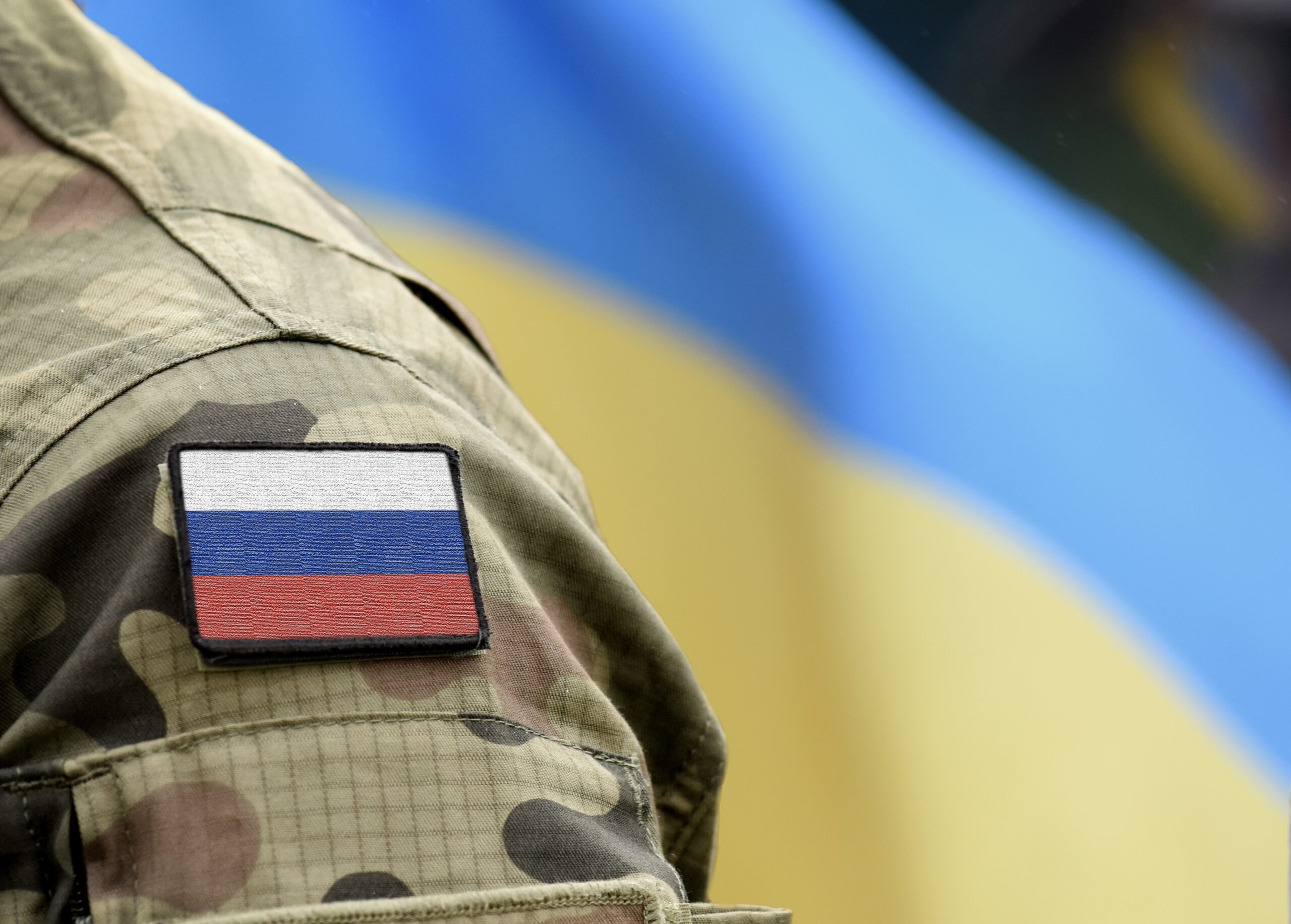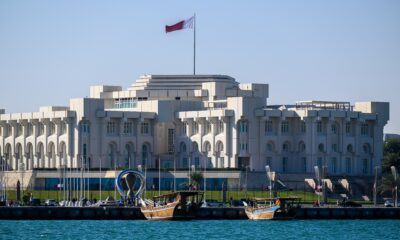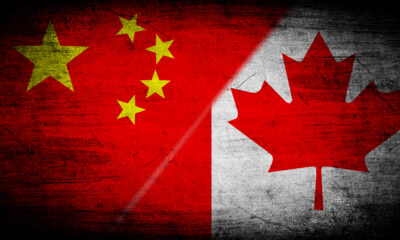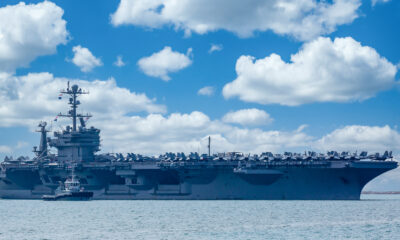Niger’s Junta Seeks Russian Wagner Aid Against Western Nations

In the latest development in Niger’s political crisis, the ruling military junta has reportedly reached out to the Russian mercenary group Wagner for aid. This move comes as the junta faces mounting pressure from the West African regional bloc, ECOWAS, to release the ousted president, Mohamed Bazoum, or face potential military intervention.
The junta’s appeal to Wagner was made during a visit to neighboring Mali by Gen. Salifou Mody, one of the coup leaders. According to Wassim Nasr, a senior research fellow at the Soufan Center, “They need Wagner because they will become their guarantee to hold onto power.” The group is reportedly contemplating the request.
Niger’s current rulers face a Sunday deadline set by ECOWAS to release and reinstate Bazoum, who has described himself as a hostage. Defense chiefs from ECOWAS have already readied an intervention plan, urging their militaries to mobilize resources.
After visiting Mali – run by a junta empathetic to Niger’s situation – Gen. Mody warned against such a military intervention. According to Niger’s state television, he vowed that Niger would do all it could to prevent becoming “a new Libya.”
For years, Niger has been considered the West’s most reliable counterterrorism ally in a region where coups have become commonplace. Interestingly, these juntas are increasingly spurning France, their former colonizer, in favor of Russia. Wagner’s presence in several African countries, including Mali, is a testament to this trend.
Although Russia’s direct involvement in Niger’s coup is yet to be confirmed, its opportunistic attitude is conspicuous. French foreign affairs ministry spokeswoman Anne-Claire Legendre noted, “Clearly, there’s an opportunistic attitude on the part of Russia, which tries to support destabilization efforts wherever it finds them.” Residents of Niger waving Russian flags in the streets after the coup further emphasize Russia’s growing influence.
France’s foreign affairs minister, Catherine Colonna, added her voice to the growing international concern over the situation in Niger. She underscored the credibility of the regional threat of force and urged the coup leaders to take it seriously, affirming that “coups are no longer appropriate, it’s time to put an end to it.”
However, Niger’s military leaders seem to have adopted a defiant stance, making rapid moves to consolidate their power. The big question remains how the international community will react if Wagner steps into the fray. The United States designated Wagner a terrorist organization after entering Mali, leading to the subsequent expulsion of French military forces.
With much at stake, particularly in the fight against terrorism in the region, Niger’s path is fraught with uncertainties. Any intervention comes with inherent risks. According to a report by the Hudson Institute, “If the junta were to dig in its heels and rally the populace around the flag – possibly even arming civilian militias – the intervention could morph into a multifaceted counterinsurgency that ECOWAS would not be prepared to handle.”
While Niger’s junta rulers seek Russian aid, residents face the harsh realities of travel and economic sanctions imposed by ECOWAS. Essential commodities’ prices have skyrocketed, and access to cash is limited. Amid the escalating tension and uncertainty, Niger stands at a crucial crossroads, the outcome of which could have profound implications for the region and the global fight against terrorism.
























